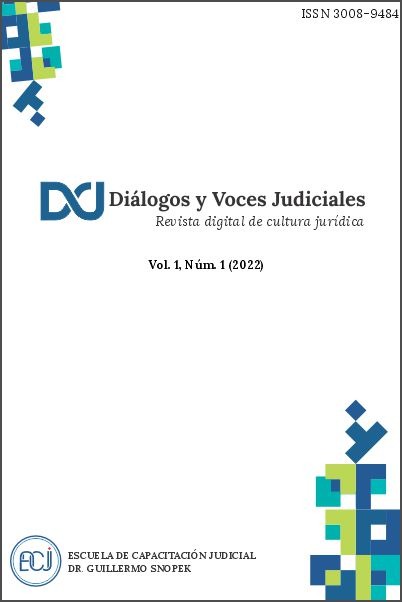Responsabilidad de las entidades bancarias ante estafas electrónicas
El deber de seguridad y prevención en el marco del contrato de consumo
Keywords:
Estafas electrónicas, Phishing, Seguridad y prevención, Daño punitivoAbstract
It is necessary to deepen the analysis of the responsibility of banking entities in light of the explosion of electronic scams—particularly those that proliferated during the pandemic—whose victims were mostly consumers of banking services. In an era of new and modern technologies, it is imperative that banking entities intensify measures for effective prevention and awareness against cybercriminal attacks, which constantly evolve their methods for searching and capturing data, personal keys, and passwords from their clients. The obligation of security arises directly from the constitutional mandate outlined in Article 42 of the National Constitution, which enumerates among the basic rights of consumers "the protection of their safety and economic interests." The most common method by which electronic scams are carried out is known as "phishing"; however, there are other techniques also employed by cybercriminals. In general terms, given the failure to fulfill the prevention and security obligations that the banking entity must comply with under the consumer contract, punitive damages are entirely warranted.Downloads
Published
2022-11-16
Issue
Section
Artículos
License
Copyright (c) 2024 María Paula Carril (Autor/a)

This work is licensed under a Creative Commons Attribution-NonCommercial 4.0 International License.
Esta licencia permite a los usuarios distribuir, reorganizar, adaptar y elaborar a partir del material en cualquier medio o formato únicamente para fines no comerciales, y siempre que se dé crédito al creador (CC BY-NC). Para más información, se sugiere visitar este enlace: Creative Commons Licenses.


